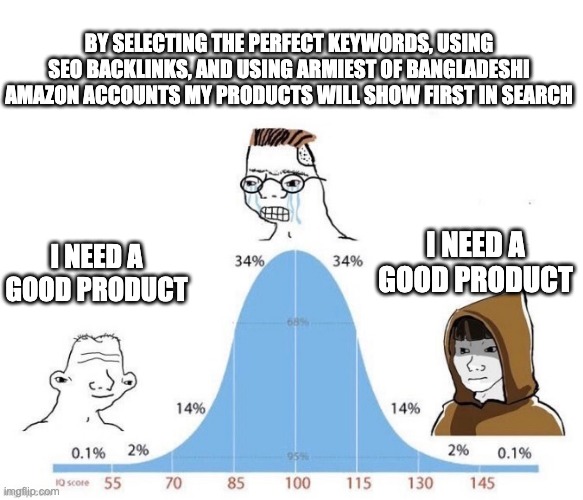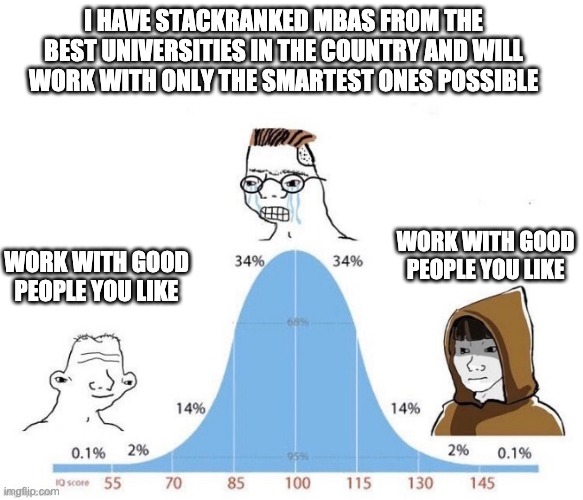
History doesn’t repeat but it rhymes.
It definitely feels like we’re headed into another bout of 1970s style US inflation but the more I think about it the more I think it will be similar but also different.
1) we didn’t have software in the 1970s like we do today. Demand for
It definitely feels like we’re headed into another bout of 1970s style US inflation but the more I think about it the more I think it will be similar but also different.
1) we didn’t have software in the 1970s like we do today. Demand for
software does not drive price increases like it does for fixed supply high marginal cost physical products. So it’s unclear what will happen there.
2) In the 1970s a much larger percentage of the hardware we bought was made here. Now it’s all made overseas. Before demand could
2) In the 1970s a much larger percentage of the hardware we bought was made here. Now it’s all made overseas. Before demand could
for domestic wages but now it drives a lot of that demand in Asian wages, which is very different.
The prices of goods are definitely going up but outside of government assistance and lower wage earners it doesn’t have to go up here.
Who’s supposed to by that higher priced
The prices of goods are definitely going up but outside of government assistance and lower wage earners it doesn’t have to go up here.
Who’s supposed to by that higher priced
stuff?
I’m not sure everyone agrees with me about this inflation thing I’ve been yelling about for a while but if you do, how do you think this is going to go?
I’m not sure everyone agrees with me about this inflation thing I’ve been yelling about for a while but if you do, how do you think this is going to go?
• • •
Missing some Tweet in this thread? You can try to
force a refresh















